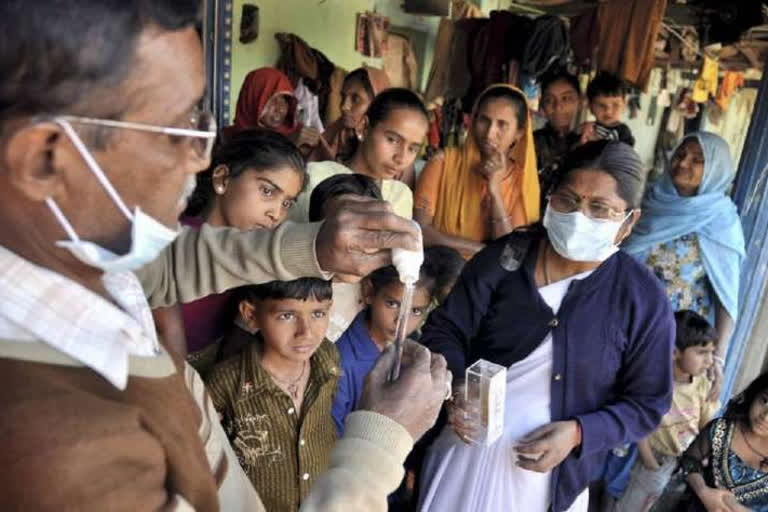Palghar: The Palghar administration on Tuesday asked authorities to remain alert of possible spread of the Congo fever in Maharashtra district. The Crimean Congo Hemorrhagic Fever (CCHF), commonly known as the Congo fever, spreads among humans through ticks.
The district administration said that in the wake of the outbreak of COVID-19, it is a matter of concern for cattle- breeders, meat sellers and animal husbandry officials and it is necessary to take timely precautions as there is no specific and remedial treatment for the CCHF.
Palghar animal husbandry department's deputy commissioner Dr Prashant D Kamble said in a circular that the CCHF has been found in some districts of Gujarat, and is likely to spread to border districts of Maharashtra. Palghar is close to Gujarat's Valsad district.
Read: India COVID-19 tracker: State-wise report
The department has instructed authorities to take all necessary precautions and implement preventive measures."This viral disease is transmitted from one animal to another by a specific type of tick. The disease is transmitted to humans from contact with the blood of infected animals and through consumption of infected animals' meat," the circular said."If the disease is not diagnosed and treated on time, 30 per cent of patients will die," as per the circular.
The CCHF is a communicable disease caused by a tick-borne virus (Nairovirus) of the Bunyaviridae family. The virus causes severe viral haemorrhagic fever outbreaks, with a fatality rate of 10 to 40 per cent, as per the World Health Organisation (WHO). There is no vaccine available for both humans and animals against the disease, it said.
Human-to-human transmission can occur resulting from close contact with the blood, secretions, organs or other bodily fluids of infected persons. Hospital-acquired infections can also occur due to improper sterilisation of medical equipment, reuse of needles and contamination of medical supplies, according to the WHO.
PTI
Also read: Global COVID-19 tracker



